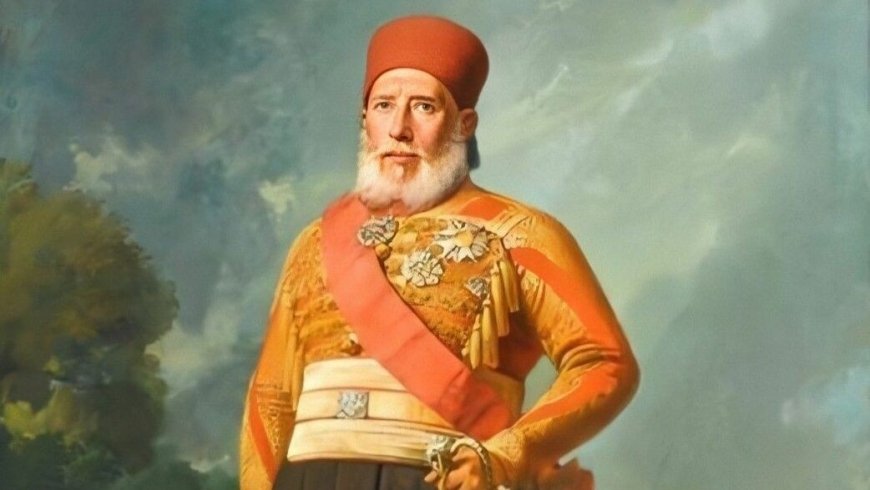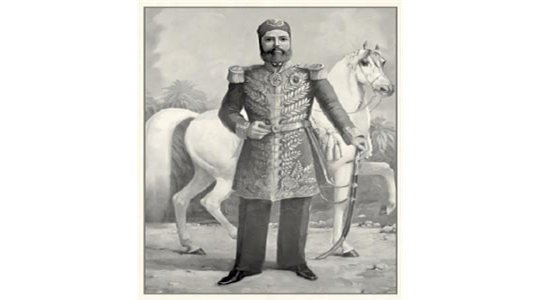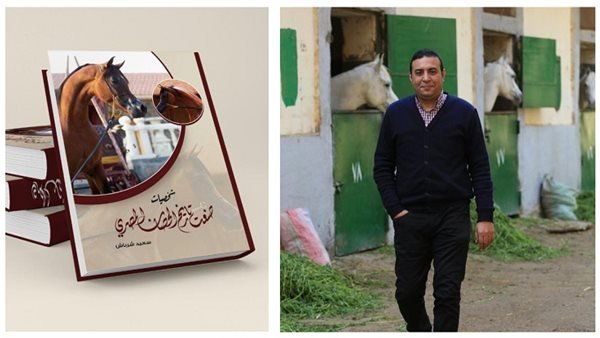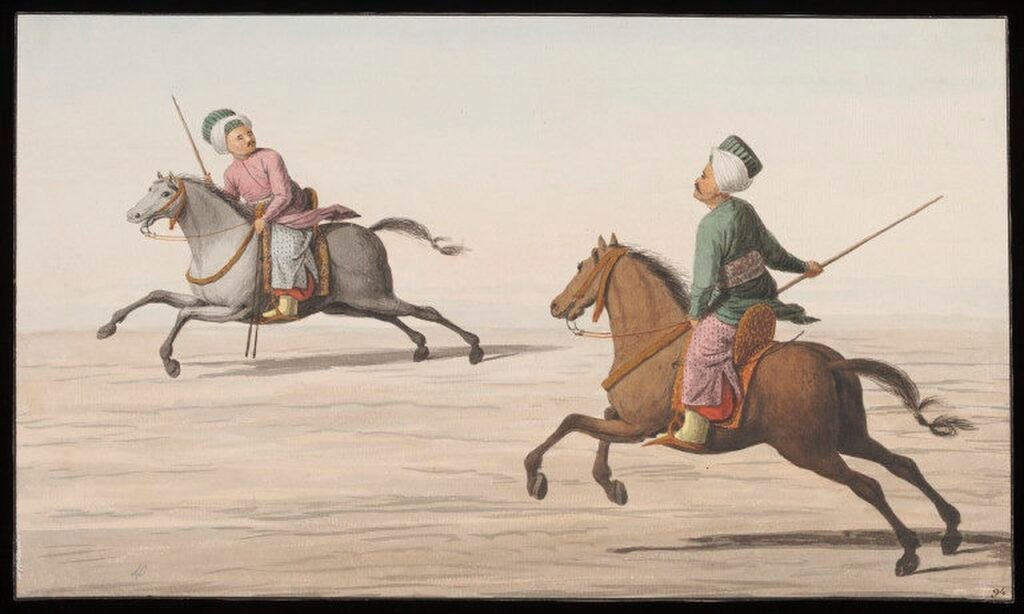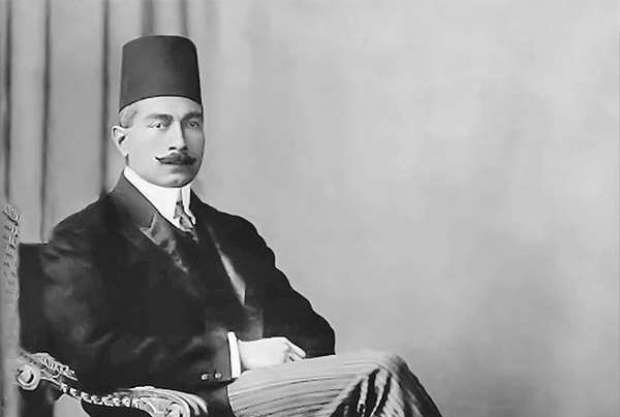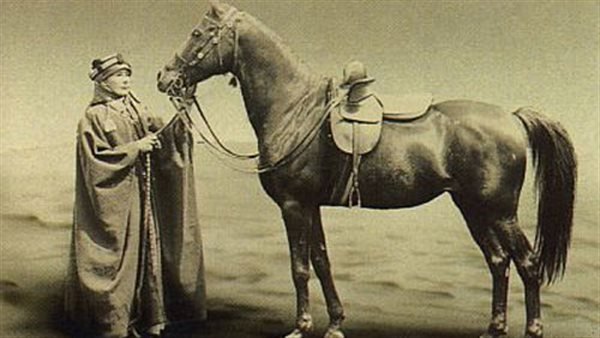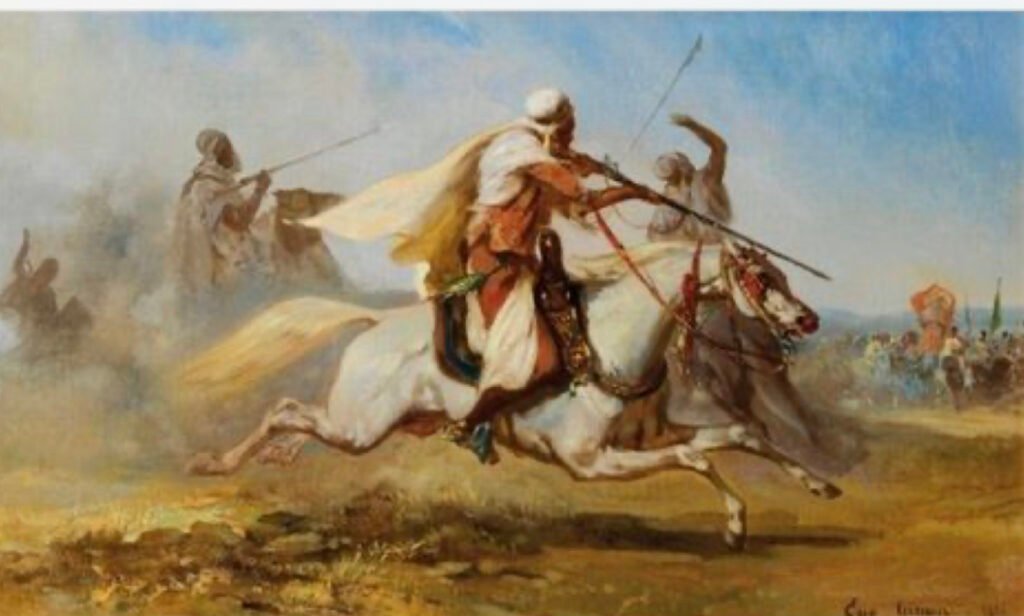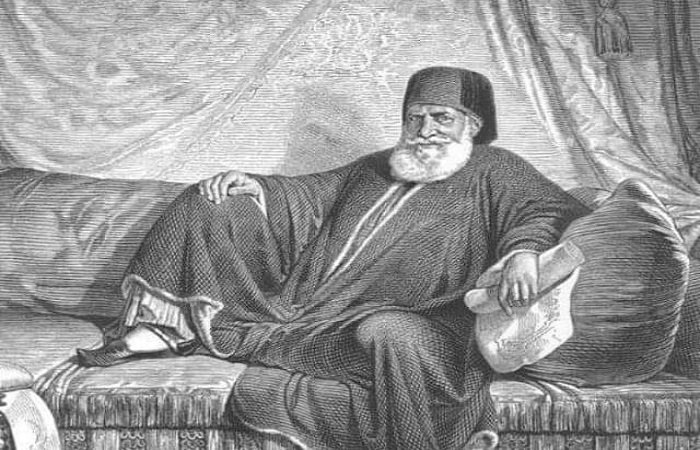Because of the many victories of Ibrahim Pasha in the battles he led during the reign of his father, Muhammad Ali the Great, we can call him the “victorious leader” whose victories, despite their great importance, did not preoccupy him with the love of horses, their care and breeding, and the keenness to acquire thoroughbreds from them. It is Ibrahim Pasha, who is considered one of the best leaders of the armies in the nineteenth century, and fought in many countries. The beginning was when his father, Muhammad Ali Pasha, appointed him commander of the Egyptian campaign in the Arabian…
Author: mohamed saleh
Abbas Pasha I bought a lot of horses and was not stingy with money and gold on them. “Al-Khail.com” reviews the names of the horses that Abbas Pasha bought, the possessions of their owners, and their locations.. This is a list of the horses that were bought by Abbas Pasha and in the possession of Faisal, and it includes horses bought with cash, others bought from Bishr, Shammar, and Al-Rawla, Al-Badi Urayer horses, horses belonging to Ibn Rakhis clinic, and other mares and horses. Horses bought with cash and in the possession of Faisal – A blue mare with a…
The journalist and writer Saeed Sharbash, author of the book Persons Who Made the History of the Egyptian Horse, says in a preface to the book: Many foreign historians and orientalists wrote a lot about the history of the horse in Egypt, and viewed the main books; In search of the history of horses in Egypt, such as: Behavior in the States of the Kings by Al-Maqrizi, and Subh Al-A’sha in the Insha Industry of Al- Qalaqshandi, but no book was issued in the Egyptian Library in particular, and the Arab Library in general, that records this history; To be…
Researchers, scholars, and those interested in the field of purebred Arabian horse breeding and care realize that Abbas Pasha I occupies a unique position in this field. For his great and unprecedented efforts in establishing the “Kingdom of Egyptian Horses”. Abbas Pasha I was born in the city of “Jeddah”, one of the governorates of the Makkah Al-Mukarramah region, in the Kingdom of Saudi Arabia, in 1228 AH, corresponding to 1813 AD. His father was Ahmed Toson Pasha, the son of Muhammad Ali Pasha, and his mother was “Bamba Qadin”, whose name means “The Pink”. Abbas Pasha held a number…
Horse riding or equestrian is one of the sports that is looked upon in the East with great reverence and respect. And the Orientals consider it one of the most honorable forms of sports and the highest value. They hardly go beyond the stage of childhood until they devote themselves to training in it, especially if they are from honorable homes or families known for their spacious living and abundant money. To train them in equestrianism and their proficiency in it, you see them riding the wildest and most common horses in a manner that indicates dignity, good features and…
After the death of Prince Ahmed Kamal in 1907, Lady Anne Plant met his son, Prince Youssef Kamal, and offered him to buy horses, and he told her that he did not want to sell any of his horses before the end of December. If he decides otherwise, he will send it to her. In September 1907, Prince Mohammed obtained Tawfiq on 6 horses from Prince Youssef, so Lady Blunt went to the Matariya stables, but she did not find Prince Youssef, so she left a message for him with the names of the horses she wanted to buy. In…
The stables in the Mamluk era enjoyed a high position, as the Mamluk sultans used to occupy the seat attached to the royal stable to look into the affairs of the sectors and the affairs of the princes and the Mamluks, in addition to the practice of rulings among the people. To look into grievances, his son Al-Malik Al-Nasir Faraj bin Barquq followed in his path, then Al-Mu’ayyad Sheikh, and he used to sit every Friday, as did Sultan Barsbay, who designated Tuesdays and Saturdays, and like them did Al-Ghouri. Just as the stable was a place for looking into grievances, punishments…
Despite Lady Anne Blunt’s great love for coming to Egypt, and her love for the purebred Arabian horse, this love caused her to hate Prince Ahmed Kamal and Ali Pasha Sharif. Blunt’s daughter, Lady Networth, mentioned this in her memoirs, where she says in her book “The History of the Horse” that “Zayd”, a Bedouin from the Mutair tribe, was sent by her mother, Mrs. Anne Blunt, to Ali Pasha Sharif to buy a mare, but the pasha guessed who sent him. And the narration of “Zayd” about the interview was that the Basha said: “O Zaid, one hoof of…
There are certain signs and specifications, through which we can judge a good horse, just as there are signs of an old, patient, ferocious mare, and the previous mare, and others. The most important signs of a “good mare” are the thinness of the bosom, large nostrils, long ears, prominent eyes, less fleshy cheeks, prominent tonsils, and short elbows. The Manuscript of Al- Bajirmi explains in the statement of the signs of a good horse that it should be sweeping knees, sparse nerves, broad trotting, black groves, legions and hooves, thin spurs, long tail and neck, short back, and rounded…
In front of Muhammad Ali Pasha’s interest in horses, spending generously on them, and producing Egyptian horses that succeeded in purebred Arabian horses, the statesmen were interested in acquiring horses, and we mention among them: Hikmat Pasha Hikmat Pasha, the Minister of War, bought antique Najd horses, and had a stable of about 400 horses. Khorshid Pasha Khorshid Pasha was interested in horse breeding, and established a stable for horse breeding and caring for them in Imbaba. When he died in 1832 AD, more than 200 horses were found in his stable. Abbas Pasha’s second manuscript confirms that the horses…




